- The twelfth lunar month, known as the removal of the moon, has the meaning of removing the old and clothing the new
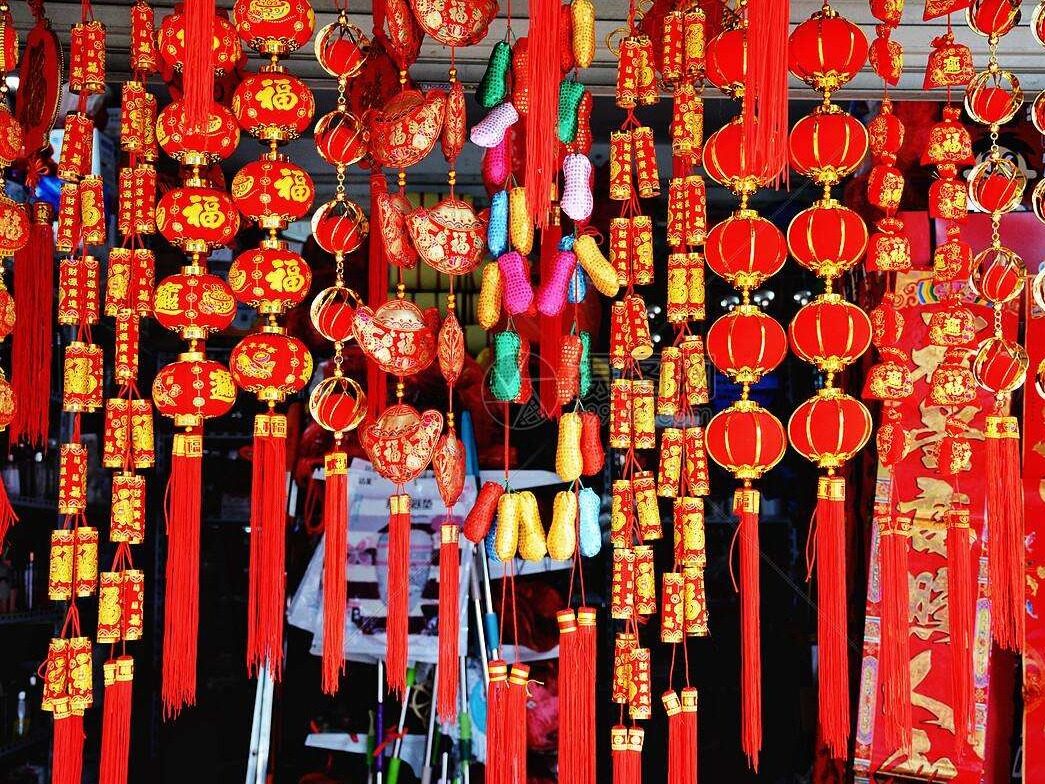
The twelfth lunar month is the last month of the year. In the pre-Qin ancient calendar, it is also called removing the moon, which means removing the old and clothing the new. In ancient times, there were two calendars, one with ten months a year and one with twelve months a year. As the twelfth lunar month or the second lunar month, the two calendars have different times. One is October and the other is December.
In December, the 30th day after the winter solstice is the twelfth lunar month. La, hunting also, La, hunting ancient characters can be used together.
The custom of the twelfth lunar month begins with hunting, and December is the month of hunting in winter. According to the Book of Rites, digging ice to get fish in winter is also a part of hunting activities. The captured prey, either smoked or pickled, is used to make bacon (bacon).
"Shuowen Jiezi" says: "After winter, Sanwu, La, and sacrifices to hundreds of gods." In the 24 solar terms, the twelfth lunar month is during the period from the great cold to the new year.
Regarding the twelfth lunar month, there were different names and customs in ancient times. Han Xun Shuang's "Li" legend: "Xia is called Jiaping, Yin is called Qingsi, and Zhou is called Dala." In the eyes of the ancients, the twelfth lunar month was very important, and it had at least four meanings:
1. It is the month of hunting and smoking wax.
Second, it is the month of offering sacrifices and worshipping the gods.
3. It is the month of sweeping and cleaning.
Fourth, it is the month of eradicating the old and creating the new, and expelling the plague of ghosts and mythical creatures.
The wax festival is one of the oldest and most lively festivals in China. "Book of Rites Monthly Decree": "In the month of Mengdong, the Son of Heaven prays that in the coming year, he will be in the Tianzong, make great cuts, shrine in the communes and menlu, La ancestors, five sacrifices, and labor and farmers to rest. Shooting, wrestling."
Kong Yingdashu: "La, hunting. It means hunting animals and animals to sacrifice to ancestors and five sacrifices." Five sacrifices may be considered to be the five gods of the house, the gods of Kobe, etc., but I think they are the gods of the five elements.
In the customs from the pre-Qin to Han dynasties, the twelfth lunar month is also called the moon of the big cable, which means cleaning and clearing. One of the important activities is to pack up and eat the stored grain in the warehouse, freeing up the warehouse to store new grain. This may be the origin of Laba porridge. The wax festival is a year-end sacrifice to the god of agriculture with a variety of offerings.
"Book of Rites, Suburban Special Sacrifice" records: "The emperor's great wax eight, the Yiqi family began to be wax. Wax is also, Suo Ye, in December of the year, gathers all things and asks for it. The sacrifice of wax is also the master. First of all, priests are stingy. Sacrifice a hundred kinds of sacrifices in return for stinginess."
In the era of Yiqi, there was a "Cheese of Waxing" that said: "The soil goes against the house, the water goes to the ravine, the insects don't work, and the grass and trees go to the lake."
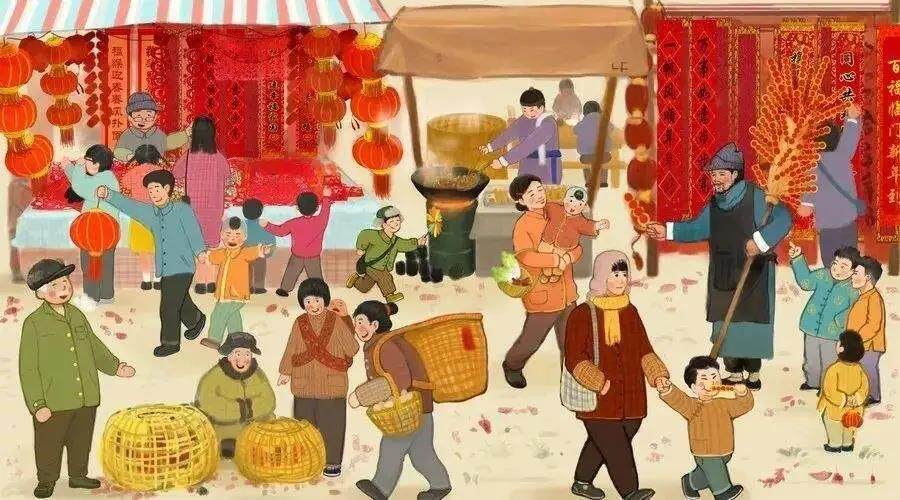
The ancient La Ri Festival had the custom of offering sacrifices to ancestral gods in temples and ancestral halls, beating drums and drums for celebration, called wax drums, also known as social drums. At the same time, the meat and wine that were sacrificed were eaten, which was called wax wine.
"Zhou Li·Chun Guan" said: "When the state sacrifices wax, blow the "Bin" hymn and beat the earth drum to rest the old things."
"Binfeng·July": "Peng Jiu Si eat, say to kill lambs. When he is in the court, he is called his sister, and his longevity is boundless."
This poem celebrates a bumper harvest at the end of the year, expressing that the farmers get new rice wine at the end of the year, and wish good health and longevity.
"Book of Rites" records Zigong Guanwa, sighing that "all people in a country are crazy". Confucius responded that this is what it should be: "A hundred days of labor, one day's worth of water." ("Book of Rites, Miscellaneous Notes")
According to records, the activity of drumming on the La Ri Festival was held the day before the New Year's festival. Ying Shao's "Customs and Tongyi" also said: "The wax is connected, and the new is handed over, so the big sacrifice is to repay the merit."
The sacrificial offering includes the meaning of getting rid of the old and welcoming the new. "Historical Records Tianguan Shu" records the situation of the Lara Festival in the Western Han Dynasty. Great sacrifice, officials and people feast.
On this day, a series of ceremonies to remove the old and welcome the new will be held, one of which is the mask dance. This custom was called Da Nuo in the pre-Qin period. It is a religious ceremony to expel plagues and diseases.
Gao Yu of the Eastern Han Dynasty commented on Ji Dong in "Lv's Spring and Autumn": "The big Nuo, chases away the yin, causes it, and guides the sheep. One day before the lunar new year, people beat the slender waist drum to drive away the epidemic, which is called expelling things."
Drumming is to invigorate Wuwei, but also to simulate thunder and summon thunderstorms. This custom spread to southern Fujian, Guangdong and Guangxi, and then there is the custom of playing bronze drums in spring.
In the west and southwest, Da Nuo is a frenetic dance activity to expel ghosts, called Nuo dance or Nuo opera.
In the Central Plains, since the Warring States Period, there is another very important activity in the twelfth lunar new year, that is, burning firecrackers. The half-dried bamboo is piled up and ignited to make it burst and make a sound, which is believed to ward off evil spirits and drive away the god of plague.
After the Tang and Song Dynasties, black gunpowder was invented, and gun battles appeared, which replaced the firecrackers.
The twelfth lunar month's return home reunion is also an ancient Chinese custom. The Book of Han and the Biography of Yan Yannian recorded that Yan Yannian was an official in Luoyang. Yan Shigu commented: "The moon of the Chou is built as a wax sacrifice, because it is known to drink, it is like the wax festival today."
In the past two decades, customs have become thin, and Chinese people have become more and more oblivious to their ancestors. Almost no one knows the origin of some ancient customs, including the Chinese New Year, which has become less and less flavorful. A sigh! Author/He Xin, Editor/He Yuting
Comment
 Praise
Praise
 Collect
Collect
 Comment
Comment
 Search
Search


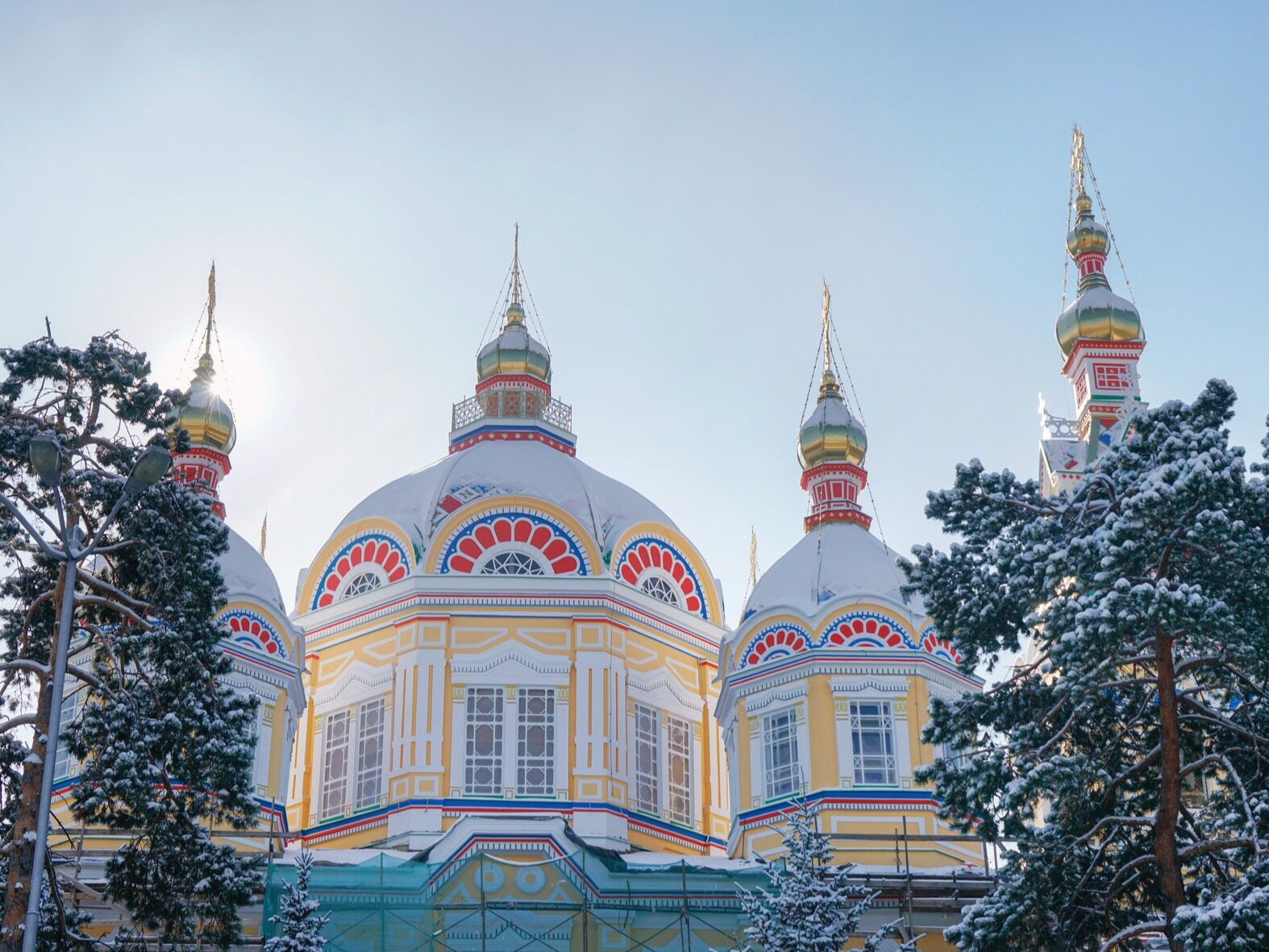


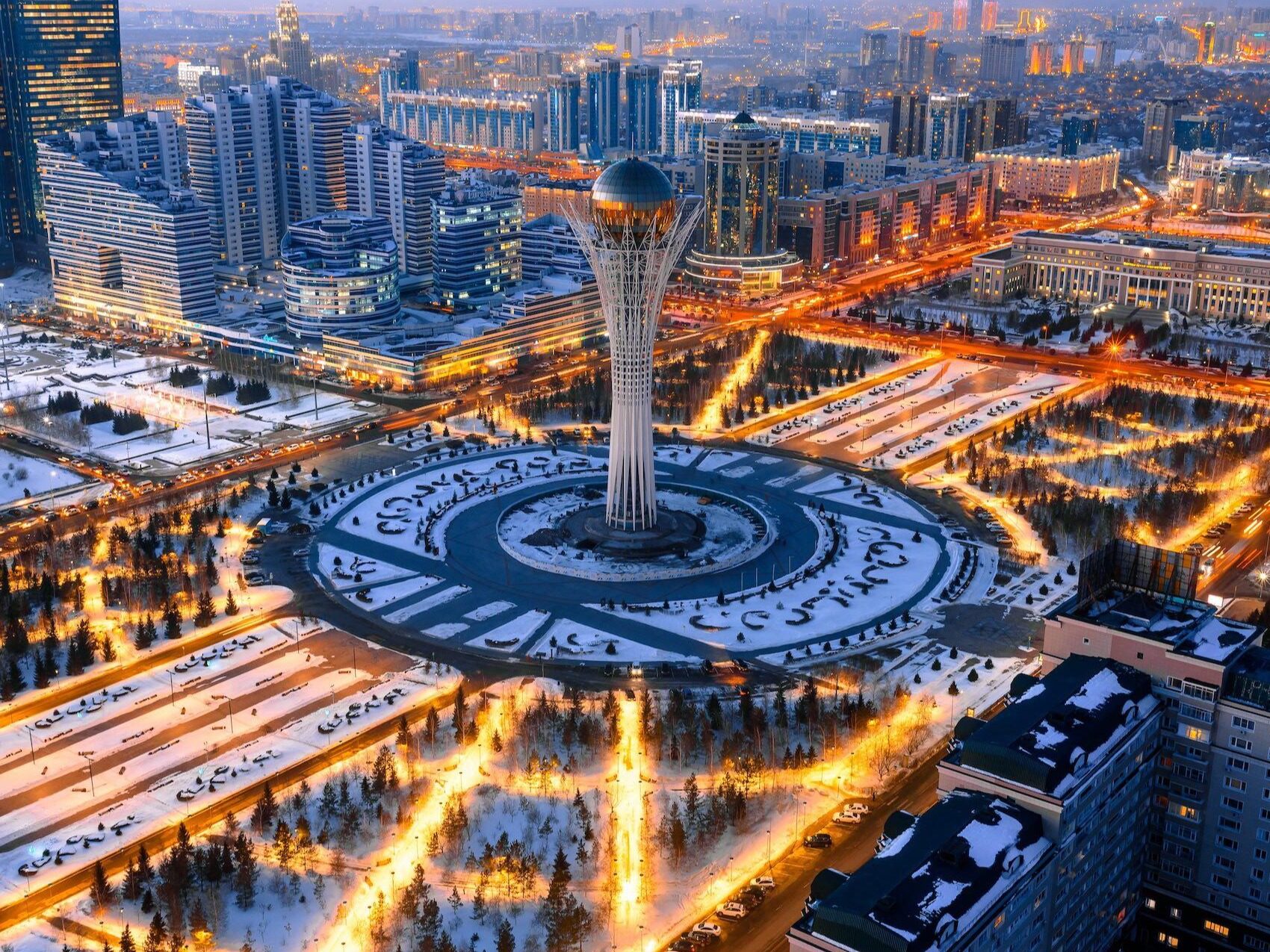
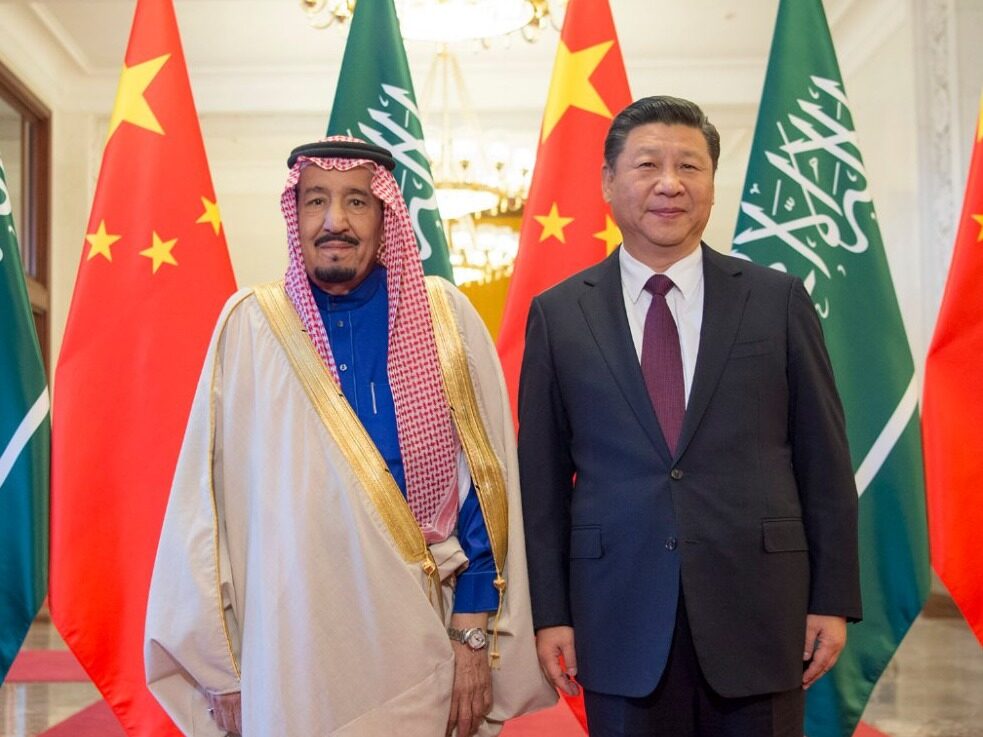







Write something~